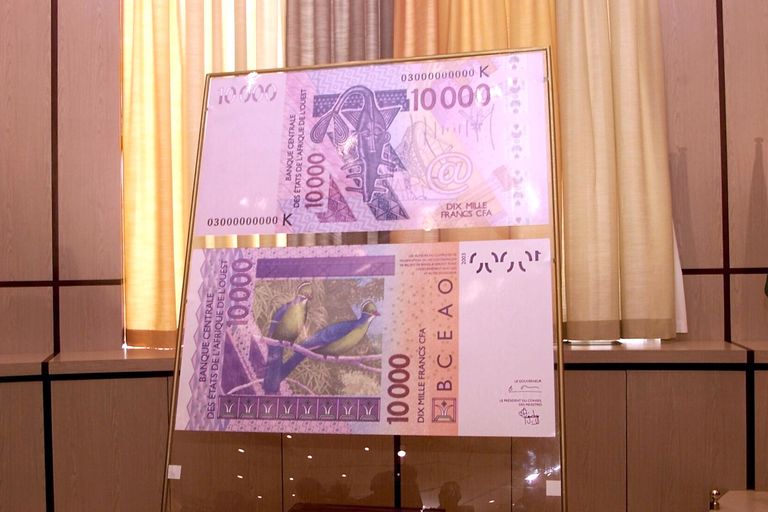
In a dramatic pivot away from traditional regional alliances,Mali,Burkina Faso,and Niger have deepened their collaboration under the Alliance of Sahel States (AES),aiming to reclaim sovereignty and reshape their economic future,including through the planned launch of common currency.
Born out of frustration with ECOWAS and external pressures,the AES is fast-tracking integration through practical initiatives — from eliminating roaming charges to adopting a joint customs duty and developing a shared passport. A cornerstone of this new alliance is the Confederal Bank for Investment and Development (BCID-AE),launched with 500 billion CFA francs in capital. The bank is intended to fund infrastructure and drive local industrialization—an explicit assertion of economic independence. “This project is not just a financial move,it’s a political act of sovereignty,” noted economist Magaye Gaye.
Still,ambitions are tempered by challenges: securing funds,attracting reliable partners like China or the BRICS,and building transparent institutions. A common currency is also under discussion,echoing BRICS-style aspirations to escape dependency on the CFA franc and US dollar. “It’s possible,” says Gaye. “These three countries alone represent 75% of the WAEMU’s landmass and 50% of its population,a significant critical mass.” Yet experts warn of the complexities involved,citing the need for harmonized fiscal policy and credible governance. While critics call the AES’s currency ambitions rhetorical,the alliance’s push for regional economic autonomy signals a significant shift. Whether these bold plans translate into lasting structures remains to be seen.
United News - unews.co.za